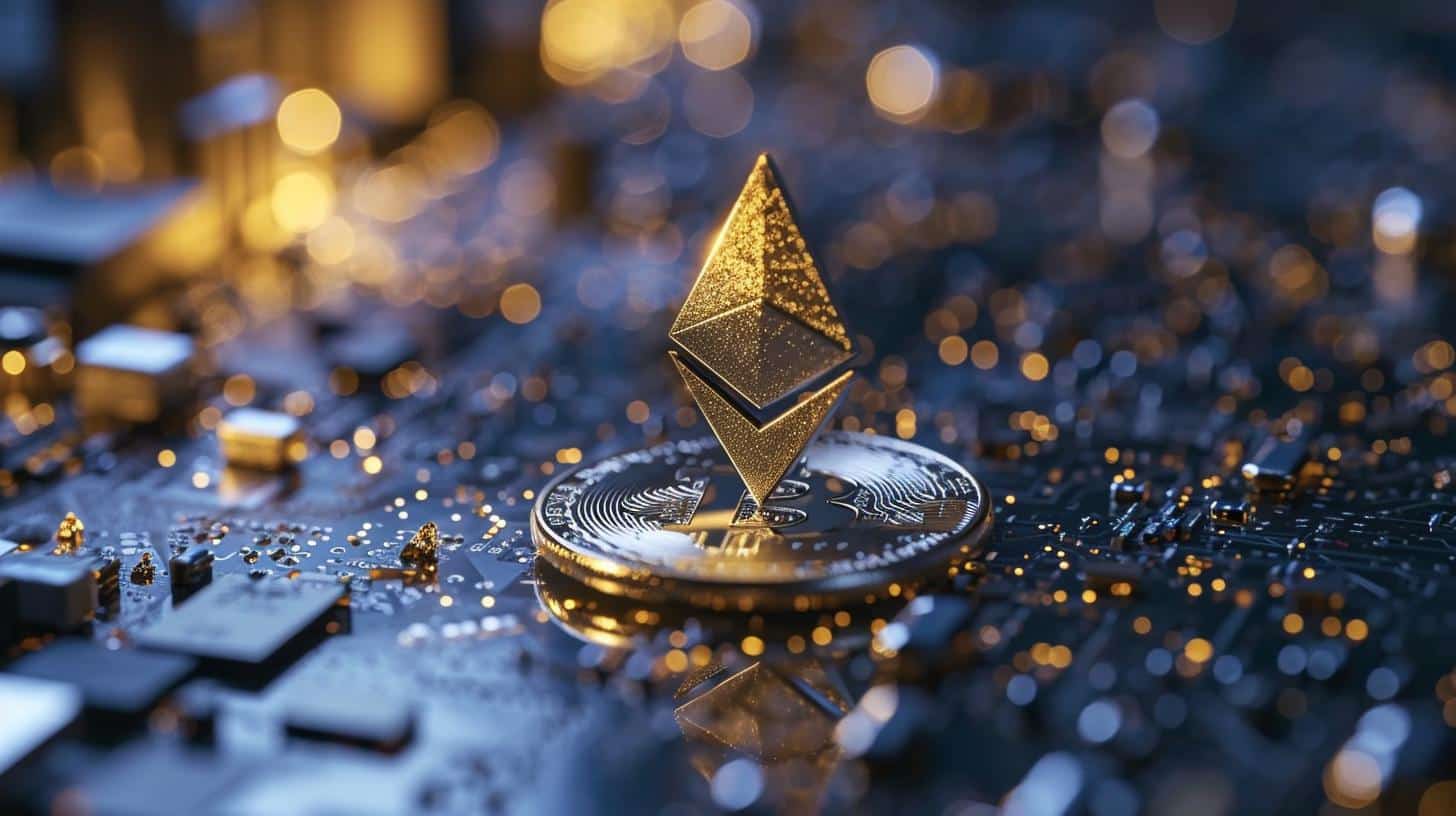Ethereum All Core Developers Set Tentative Dates for Dencun Hard Fork
The latest Ethereum All Core Developers meeting has finally provided some tentative dates for the upgrade schedule of the next mainnet hard fork, Dencun. The developers have set the dates for forking Ethereum’s public testnets: Goerli on January 17, Sepolia on January 30, and Holesky on February 7. However, it is important to note that these dates are subject to change if any major issues arise. This will be the last time that Goerli is included in the testing regimen, as the network is scheduled to be deprecated.
Ethereum Community Considers Core Feature or Multiple Improvements for Prague/Electra Upgrade
The Ethereum community is currently discussing what comes next after the Dencun hard fork. They are contemplating whether to focus on a large core feature, which could take up to a year of work, or structure the upgrade around multiple smaller improvements, which could be feasible for late 2024. A decision on this matter is expected in the new year.
Key Improvements to Watch in 2024 After the Dencun Hard Fork
After the Dencun hard fork, several key improvements are expected to enhance the Ethereum network. One of the most significant improvements is the implementation of EIP-4844, also known as Proto-Danksharding. This upgrade aims to reduce the cost of data availability across all layer-2s, which will result in lower costs for users. Additionally, it is expected to slash rollup gas fees by up to 100x.
Another improvement to watch out for is the adoption of account abstraction, specifically ERC-4337 and ERC-6900. Account abstraction will revolutionize the way users perceive and interact with wallets by making gasless transactions the standard and secure social logins the new norm. This enhancement will fundamentally reshape the Ethereum user experience.
Furthermore, EIP-1153 proposes a new mechanism for handling temporary or transient storage during smart contract execution. This improvement can reduce gas costs associated with storing temporary data and provide developers with more flexibility in designing smart contracts.
The introduction of EIP-4788 aims to improve the coordination between the Ethereum Virtual Machine (EVM) section and the Beacon Chain section of the Ethereum network. This improvement will enhance the security and operational efficiency of liquid staking protocols, smart contract-based bridges, and restaking solutions.
Lastly, EIP-5656 introduces MCOPY, a new opcode that optimizes the process of copying data in memory during smart contract execution. This improvement is expected to reduce gas fees and improve performance.
Account Abstraction and ERCs Enhance Ethereum User Experience
Among the key improvements to watch after the Dencun hard fork, account abstraction and ERCs play a pivotal role in enhancing the Ethereum user experience. Account abstraction, implemented through ERC-4337 and ERC-6900, allows users to create accounts that behave more like smart contracts, blurring the distinction between externally owned accounts and contract accounts. This improvement enables gasless transactions as the standard and secure social logins as the new norm, fundamentally reshaping how users interact with wallets.
ERC-6900 introduces the concept of delegated transactions, allowing users to delegate the ability to send transactions on their behalf. This feature streamlines the process of approving batches of actions and saves time and hassle for users.
EIPs Bring Efficiency and Scalability to Ethereum Network
Several EIPs (Ethereum Improvement Proposals) are expected to bring efficiency and scalability to the Ethereum network. EIP-1153 introduces a new mechanism for handling temporary or transient storage during smart contract execution, reducing gas costs and improving flexibility for developers.
EIP-4788 improves the coordination between the Ethereum Virtual Machine (EVM) and the Beacon Chain, enhancing the security and operational efficiency of various protocols such as liquid staking and smart contract-based bridges.
EIP-5656 introduces the MCOPY opcode, optimizing the process of copying data in memory during smart contract execution. This improvement reduces gas fees and improves the performance of smart contracts.
Finally, EIP-6780 restricts the SELFDESTRUCT opcode, which allows contracts to delete themselves from the blockchain. This restriction helps manage the state size of the Ethereum network, leading to a more stable and predictable blockchain.
Overall, these key improvements in the wake of the Dencun hard fork are expected to enhance the efficiency, scalability, and user experience of the Ethereum network.
Analyst comment
Positive news: The Ethereum All Core Developers have set tentative dates for the Dencun hard fork, indicating progress and planning for future upgrades.
As an analyst, I predict that the market will respond positively to this news, as it demonstrates the Ethereum community’s commitment to improving the network’s functionality and addressing scalability issues. This could lead to increased confidence and investment in Ethereum, potentially resulting in a rise in its market value.













